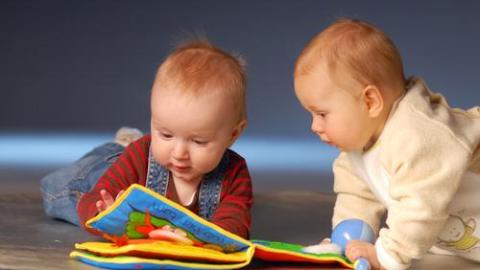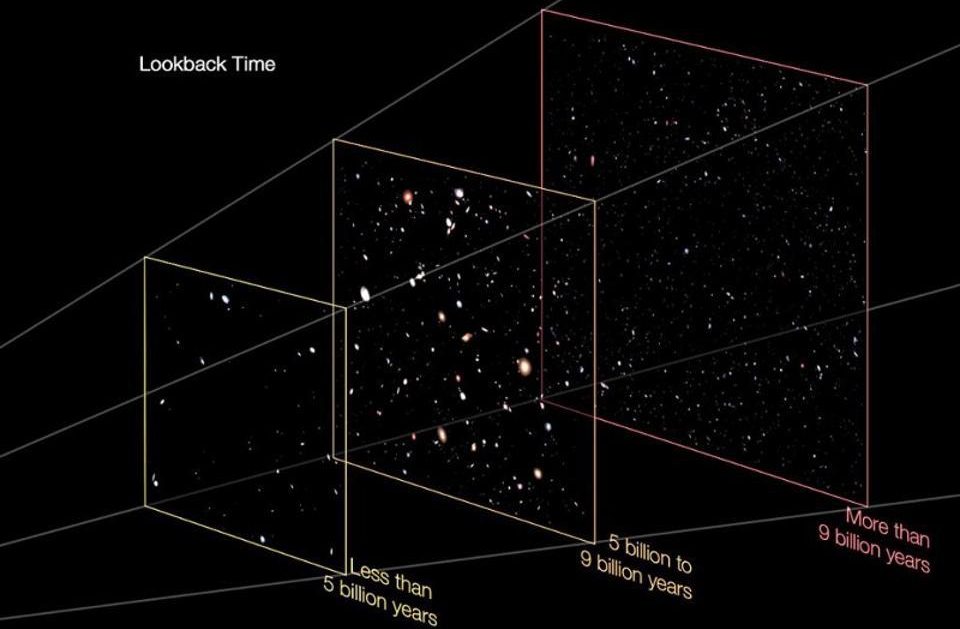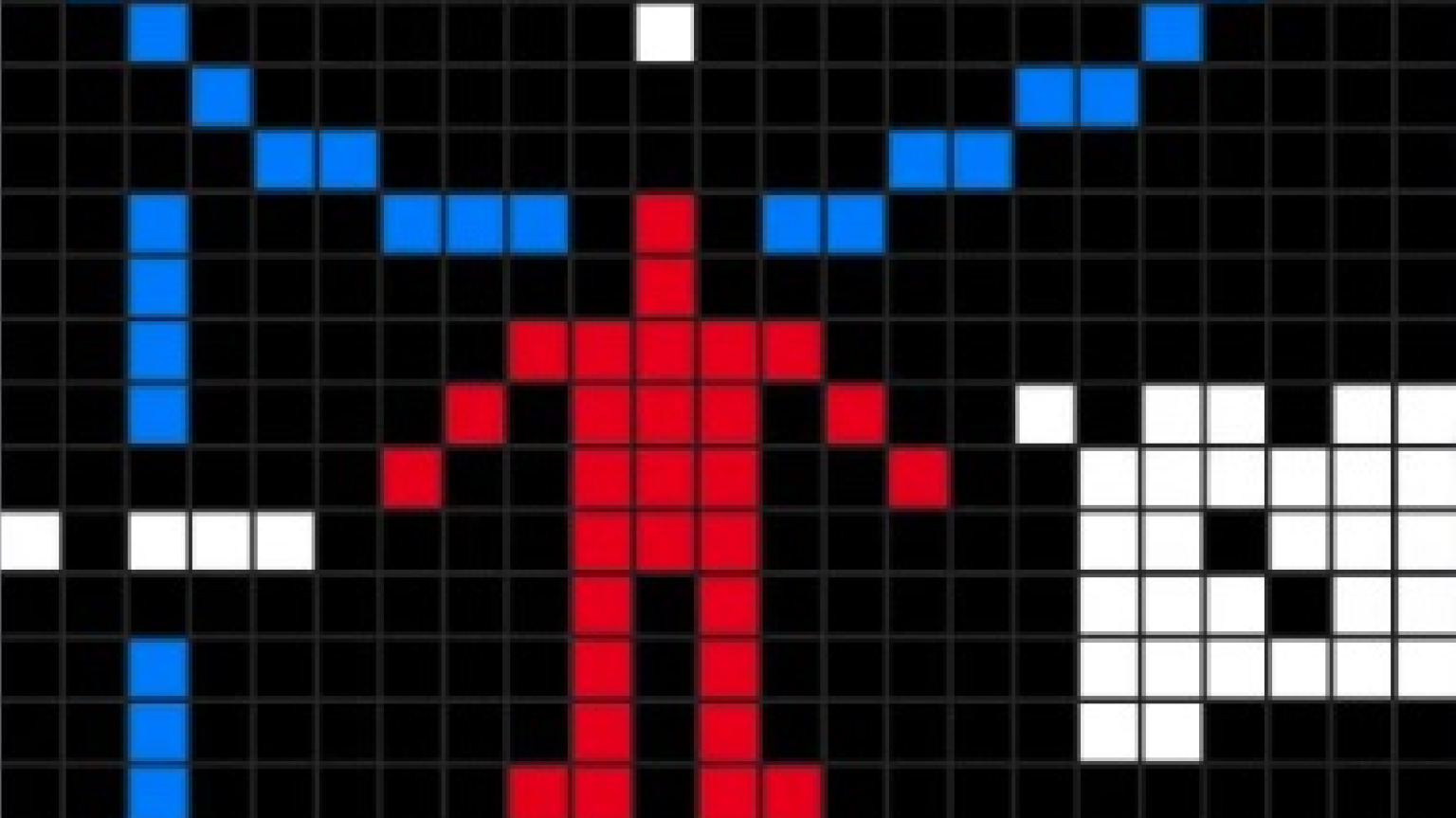Babies’ Innate Sense of Justice

What’s the Latest Development?
Two experiments involving children under the age of two have led researchers to conclude that fairness is an innate and universal concept. In one experiment, 19-month-old children witnessed a pair of giraffes and a pair of toys. In one scenario, one giraffe hogged both toys; in the other, the giraffes shared. Three-fourths of the children paid greater attention to selfish giraffe, suggesting they could tell something was odd about the situation. In the second experiment, children were preoccupied with someone who was wrongly rewarded.
What’s the Big Idea?
Psychologists concluded that children are born with ‘a skeleton of general expectations of fairness’. While these values are interpreted differently depending on the culture in which a child is raised—some cultures value sharing more than others—the idea that ‘resources should be equally distributed and rewards allocated according to effort are innate and universal’. Because other survival instincts can intervene, such as selfishness or loyalty to an in-group like a family or tribe, parents should remind children that fairness is an important value.
Photo credit: shutterstock.com





